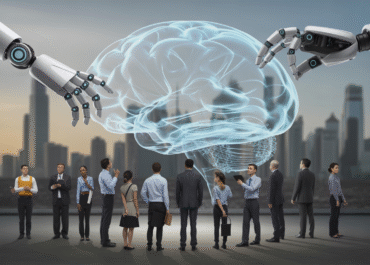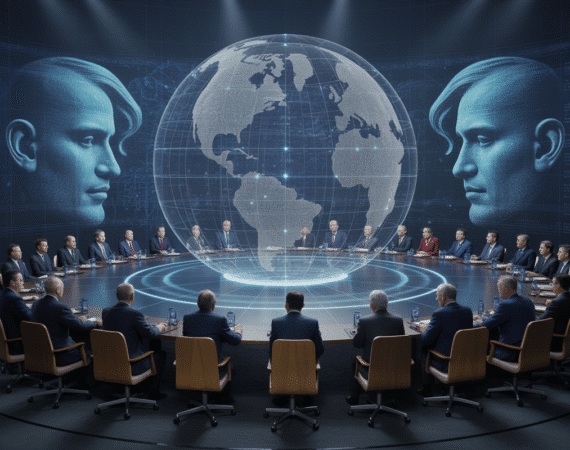The Future of Automation: Seamless Integration with AI and Beyond
Automation has long been a cornerstone of efficiency and productivity across industries. However, the future of automation is not merely about doing more tasks faster; it’s about doing them smarter, more adaptably, and with unprecedented levels of intelligence. This revolutionary leap is largely driven by the deep integration of Artificial Intelligence (AI) and Machine Learning (ML), transforming static processes into dynamic, self-optimizing ecosystems.
AI and Machine Learning: The Brains Behind Future Automation
At the heart of this evolution lies AI and ML. No longer confined to simple, repetitive tasks, automated systems are now empowered with the ability to learn from data, make informed decisions, and adapt to changing conditions in real-time. This includes everything from intelligent robots navigating complex environments to smart factories that can self-diagnose issues and optimize production lines on the fly. AI provides the cognitive layer, allowing automation to move beyond predefined instructions to predictive and proactive capabilities.
Autonomous Systems and the 5G Enabler
The vision of truly autonomous systems – from self-driving vehicles to fully automated logistics networks – is rapidly becoming a reality. These systems require vast amounts of data to be processed and transmitted with minimal latency. This is where 5G technology plays a crucial role. With its high bandwidth and ultra-low latency, 5G enables seamless communication between devices, sensors, and central AI platforms, facilitating real-time data exchange necessary for critical decision-making and coordination in complex autonomous operations. It acts as the nervous system for an increasingly interconnected automated world.
Transforming Industries: From Predictive Maintenance to Smart Supply Chains
The convergence of AI and automation is set to unlock significant benefits across various sectors:
- Predictive Maintenance: AI algorithms analyze data from sensors embedded in machinery to predict potential failures before they occur. This shifts maintenance from reactive to proactive, significantly reducing downtime, extending equipment lifespan, and cutting operational costs.
- Enhanced Efficiency: AI-driven optimization algorithms can refine processes, manage resources, and improve energy consumption with unparalleled precision, leading to massive efficiency gains across manufacturing, logistics, and beyond.
- Optimized Supply Chains: AI can predict demand fluctuations, optimize inventory levels, streamline routing, and enhance visibility across the entire supply chain, making it more resilient, agile, and cost-effective.
The Converging Technologies: A Holistic Ecosystem
The future of automation is not a standalone phenomenon but a convergence of multiple advanced technologies working in harmony:
- Robotics: Robots become more intelligent, collaborative, and versatile, capable of performing complex tasks alongside humans.
- Internet of Things (IoT): Billions of connected devices act as the sensory network, generating the vast datasets that AI needs to learn and operate effectively.
- Augmented Reality (AR): AR enhances human interaction with automated systems, providing real-time data overlays for maintenance, training, and operational guidance.
- Cybersecurity: As systems become more interconnected and autonomous, robust, AI-enhanced cybersecurity measures are paramount to protect against threats and ensure data integrity.
The Evolving Human Role: From Operators to Orchestrators
Far from replacing human workers entirely, the future of automation, powered by AI, redefines their roles. Humans will increasingly transition from executing repetitive tasks to becoming ‘orchestrators’ of intelligent systems. This involves designing, monitoring, troubleshooting, and innovating alongside AI. The focus shifts to higher-level cognitive tasks, strategic planning, and creative problem-solving, necessitating a significant emphasis on upskilling and reskilling the workforce.
In conclusion, the future of automation, with AI at its core, promises a world of unprecedented efficiency, innovation, and interconnectedness. It’s an exciting journey towards a more intelligent, autonomous, and productive society, where human ingenuity and machine intelligence collaborate to unlock new frontiers of possibility.


